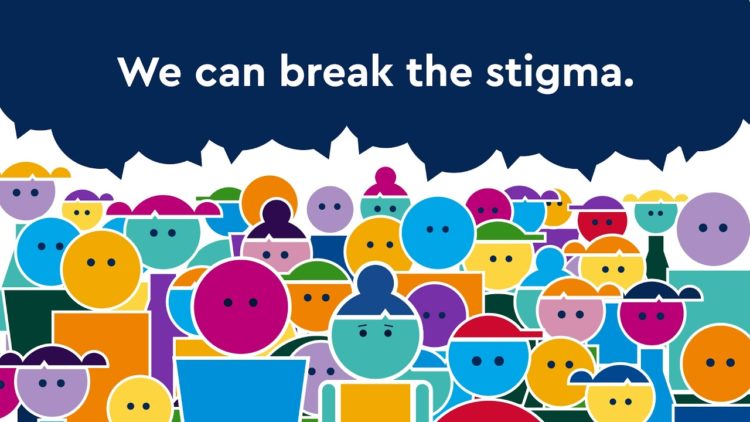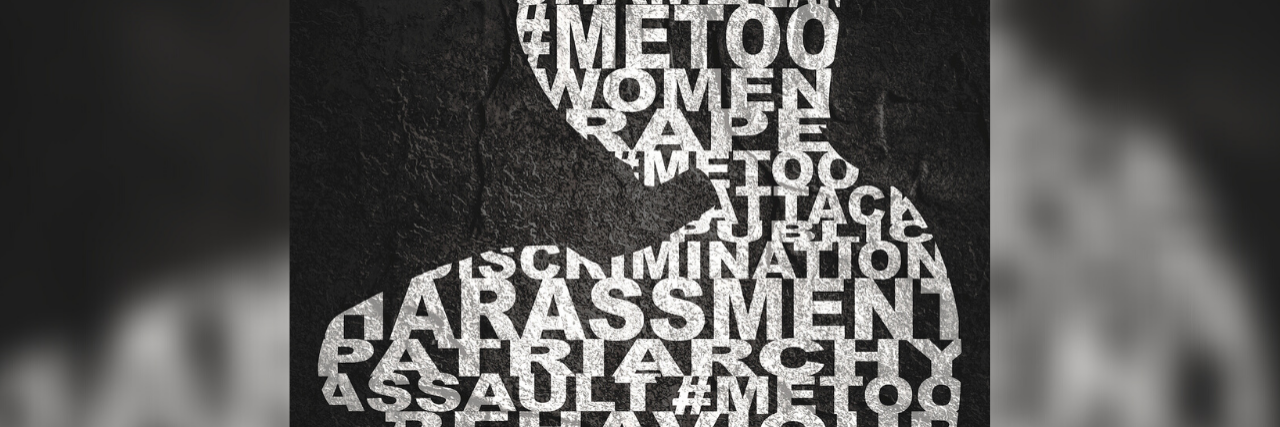We Need to Stop Shaming Sexual Assault Survivors
Editor's Note
If you’ve experienced sexual abuse or assault, the following post could be potentially triggering. You can contact The National Sexual Assault Telephone Hotline at 1-800-656-4673.
The first time I heard adults discuss sexual misconduct, I was standing in line with my mother at the grocery checkout. The woman in front of my mother and I commented on the People’s Magazine when a (shall we say) athlete was displayed on the cover, alongside the woman who accused him of sexual assault.
At the time, she was five or so years his senior.
Before I processed anything beyond the fact that a woman was in pain while the entire world ripped her into shreds, the woman in front of us commented, “I think the girl is lying — she’s not even that pretty.”
Then the woman proceeded with a “His wife is so much prettier! He would never rape someone who’s uglier.”
Awkwardly, my mother tried to talk her way out of the conversation with the woman in the checkout line. As my mother and I walked out of the store, I asked her why someone would just lie about being raped by a famous person. I was 11 years old at the time of the incident. I was fully aware of what was non-consensual and what it meant when no means no.
Over time, we saw it in the news and tabloids. Whether the charges themselves, court hearing or imprisonment of someone who sexually harassed or assaulted another person. Or how about the moments when a predator died?
For example, the cases of Harvey Weinstein, Bryan Singer and other junior Weinsteins, where dozens of survivors came forward. Many of the survivors were continuously shamed because they were so-called “liars,” “whores” or flat out “asking for it.” Well, at least that was what I heard when those allegations first surfaced.
What baffled me the most were moments where predators like Jeffrey Epstein were cheered when they died. But what was even more appalling were people who protected predators, including society itself. And when it came to a predator who was in a position in power, then everyone questioned the survivor. The survivor was already deemed as a so-called liar.
This is something that is all too common. Especially in the entertainment industry, where we saw more reports of sexual misconduct come out in the past two to three years. I mean, we saw how multiple cases were just blown over (hello Woody Allen, earlier Weinstein days and so much more).
But when I was growing up, the word “abuse” was swept under the rug. And so were the predators themselves. Just like I saw that day in the grocery store with my mother.
I wish we lived in a world where the reality of rape culture was not so bullshit. You know — how we live in a world where survivors of harassment and assault are forever so-called “liars.” But what many people don’t know is that in recovery from trauma, you learn that accepting the cruelty of this world is much harder.

It is why people would rather turn their cheek and protect the predator. And this so much more harmful to the survivor themselves. It is why people need to reconsider when it comes to these allegations coming to light. First, please stop calling survivors liars.
Second, stop with the “well it’s their fault for not coming forward sooner.” Trauma is trauma, and for most survivors, it can take anywhere from weeks to years for their body and memory to process. Ask any specialist such as a psychologist, psychiatrist or a judge who handles these cases.
And finally, if people would just put themselves in the place of the survivor and ask, “How would I feel if this happened to someone I love or to myself,” then they would have a better understanding of what trauma does. Imagine what it is like to see your predator walk freely on the streets. Let alone, imagine what it must feel like for your predator to receive praise.
Be careful with your words. Stop and listen before you shut down someone. Especially if someone is confiding their thoughts and feelings to you of trauma. You never know the pain one has been dealt with, nor the physical or mental toll it had or still does on them.
Header image via Getty image by Evgeny Gromov

